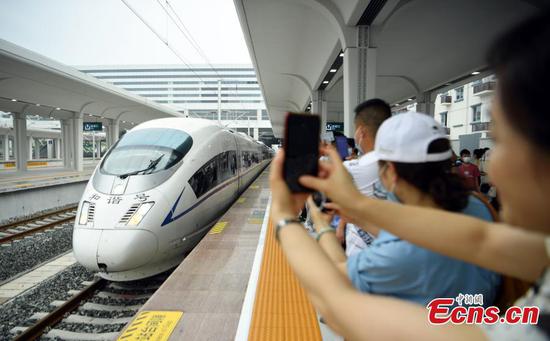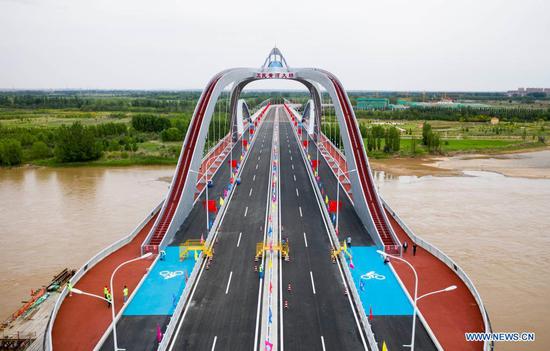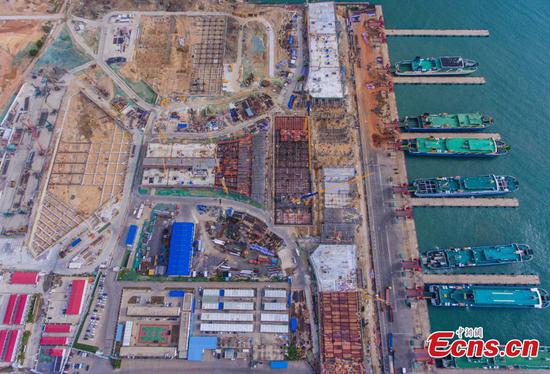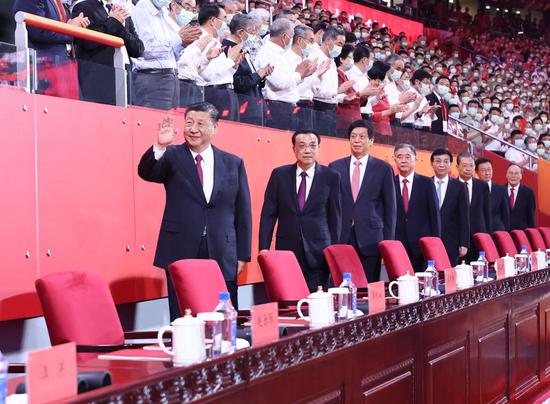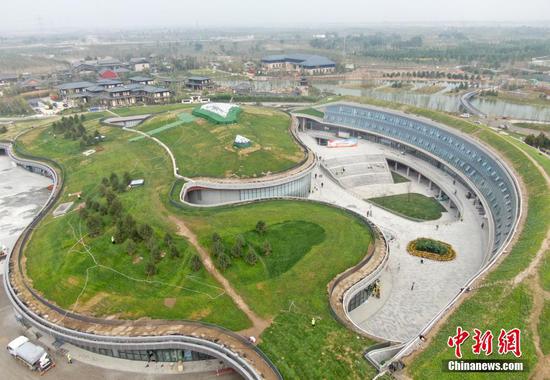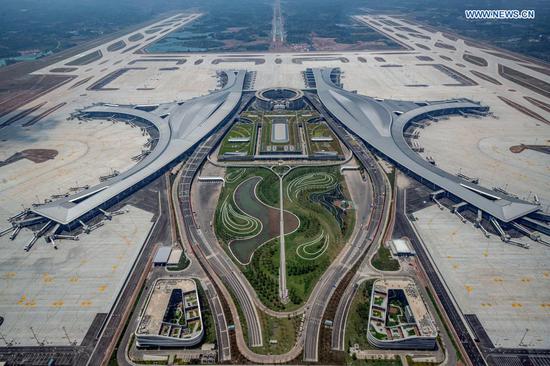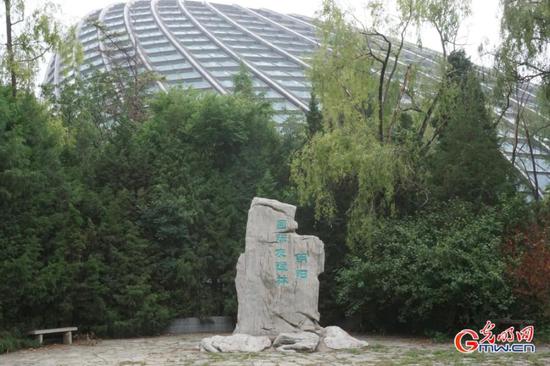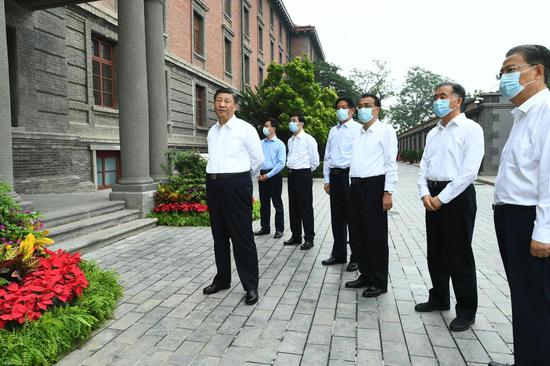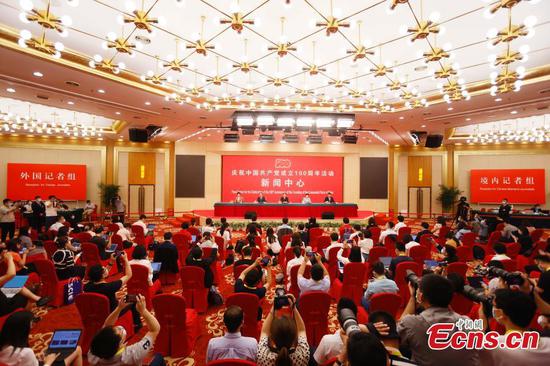Zhang Jun, China's permanent representative to the Unite Nations, on Tuesday called for efforts to formulate international rules for cyberspace that are generally accepted by all countries.
"All countries should uphold effective multilateralism, establish an open, inclusive and sustainable cyber security governance process under the framework of the United Nations with the equal participation of all, formulate international rules for cyberspace that are generally accepted by all countries, and oppose small circles and group politics," Zhang told the virtual UN Security Council debate on cyber security.
"China expects the new Open-ended Working Group on cyber security to make new contributions to maintaining cyber security," he said. "We stand ready to work with all parties in promoting, under the UN framework, the development of an international convention against cybercrime."
"Hegemonism, unilateralism and protectionism in cyberspace will only intensify confrontations and poison the atmosphere of cooperation, which should be rejected and opposed jointly by the international community," said the envoy.
"It is essential to provide companies with an open, fair, and non-discriminatory business environment, ensure the openness, stability and safety of global IT industry chain and supply chain, promote the healthy development of the global economy, and avoid human interference with companies' normal business operations under whatever pretext."
The ambassador urged promoting security through improved governance and promote fairness and justice in cyberspace.
Zhang also called on countries "to adopt more proactive, inclusive and coordinated policies to promote balanced development of the ICTs (information and communication technologies) on the global scale, vigorously develop new models and new formats such as the digital economy, and oppose technological hegemony."
He said China is actively advancing the development of the digital Silk Road initiative, and is working with other countries to build a new landscape that is future-oriented, intelligent and interconnected.
The envoy emphasized that cyberspace embodies the dream of the humanity, and bears on people's well-being, peace and security, China stands ready to work with all countries to seize the opportunity of the information revolution, foster new momentum of innovation and development, create new landscape of digital cooperation and cyber security, build a community with a shared future in cyberspace, and work together to create a better future for humanity.
"The international community should work together in a joint effort to protect cyber security and maintain international peace," said Zhang.
He called for efforts to "promote security through the maintenance of peace and prevent cyberspace from becoming a new battlefield."
"The international community should abide by the purposes and principles of the UN Charter, in particular the principles of sovereign equality, prohibition of the use of force, non-interference in internal affairs, and peaceful settlement of disputes," the ambassador stressed.
"It is essential to respect the rights of all countries to independently choose the path of internet development and internet management model, and to participate in the governance of cyberspace on an equal footing. The application of the law of armed conflict in cyberspace should be dealt with cautiously, and arms races in cyberspace should be prevented," the ambassador noted.









